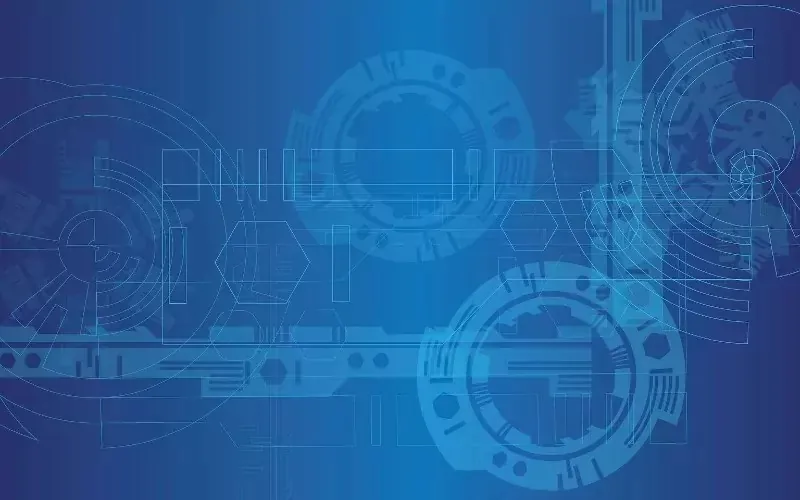The advent of 5G technology is set to revolutionise the digital landscape.
Offering unprecedented data speeds and connectivity options, this transition will define the next generation of technological growth.
The Dawn of 5G Technology
The emergence of 5G technology marks a significant milestone in the evolution of cellular networks. Promising unprecedented bandwidth with data transfer rates exceeding a gigabit per second, this innovation is poised to transform industries by offering flexibility comparable to direct fibre connections. Enhanced latency capabilities allow for quicker response times, paving the way for revolutionary applications across multiple sectors.
Dr Kevin Kettler, CTO of Flex’s communications and enterprise compute business group, highlights the transformative potential: “Winners will be those that embrace the new technology, deliver services in a ‘time-to-market’ fashion and lead the transition to 5G.” His insights underscore the importance of adaptation, suggesting that the interoperability of 5G can dramatically expand the service offerings of businesses, especially through the Internet of Things (IoT).
Industry-Wide Implications
The ripple effect of 5G adoption will be felt across numerous industries. From autonomous vehicles to smart cities, the capabilities of low latency and high-speed connectivity extend opportunities for innovation. Businesses capable of swiftly integrating these technological advancements will position themselves as leaders in the digital age.
5G technology significantly reduces reliance on traditional physical infrastructure, offering a cost-effective alternative. As Dr Kettler notes, “The model you have with 5G might be a single piece of equipment at the premise.” This illustrates the potential for substantial cost savings, especially for start-ups, by minimising expenditures associated with extensive infrastructure deployment.
Transforming Business Models
In this new era of connectivity, business models will inevitably evolve. The seamless integration of 5G technology allows for diverse collaborative ventures that were previously unimaginable. With service providers blurring the lines between telecommunications and media services, traditional roles are being redefined.
Who would one pay for automobile services? Autonomous vehicles, dependent on a network’s connectivity, may result in consumers paying telecom operators rather than traditional automotive service providers. Such shifts highlight the fluidity and adaptive nature of modern business models and their reliance on technological advancements.
Kettler questions, “Will you be paying Netflix directly or paying your telco operator for media coming into your home?” This scenario exemplifies the crossover of connectivity and business models that will inevitably follow the widespread implementation of 5G, showcasing the dynamic shift in consumer-provider relationships.
Opportunities in the Internet of Things
The IoT realm stands to benefit tremendously from the 5G transition. With the ability to support thousands of devices on a single network, the potential for expanded IoT applications is immense. Devices will operate efficiently with longer battery lives, revolutionising the way networks function.
Beyond just faster phones, 5G technology expands the horizon for IoT implementations. This enhancement supports innovations that allow devices to remain active for extended periods on minimal power resources. Such advancements create new possibilities for continuous, uninterrupted connectivity, which is essential for IoT development.
Economic and Technological Shifts
The economic impact of 5G cannot be overstated. By eliminating the need for extensive wiring and infrastructure upgrades, businesses can allocate resources towards innovation and growth. The widespread adoption of 5G will likely spur technological advancements, fostering competitive advantages in various sectors.
The notion of productivity takes on a new meaning with 5G, as employees can achieve higher efficiency levels with the available bandwidth and connectivity options. As Kettler points out, “You now have wireless cellular capability to the building,” highlighting the transformative impact of integrating 5G into workplace environments. Technological convergence will further accelerate as companies adapt to these changes.
The Future Landscape of Connectivity
As 5G becomes more prevalent, service providers will undergo significant transformations. The distinction between services traditionally offered by telecom companies will intersect with those offered by media and technology firms.
With this convergence, consumers will have to adapt to new ways of engaging with technology providers. Changes in billing, service deployment, and consumer interaction will redefine expectations and require an agile approach to accommodation. This evolving landscape necessitates forward-thinking strategies from all stakeholders to harness the full potential of 5G.
In conclusion, the transition to 5G heralds a new era of technological capability and economic opportunity. As industries adapt to this transformative development, those who embrace the change stand to gain substantial advantages.
Businesses must navigate these changes with strategic foresight to capitalise on the myriad opportunities presented by 5G technology. It is a dynamic shift that will reshape connectivity as we know it.

